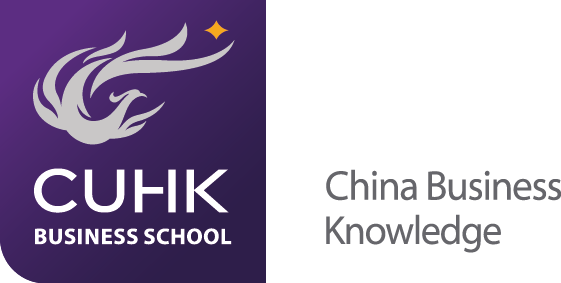Yang, George Yong, Wu, Donghui
Featured Faculty

Yang, George Yong
Professor
Director, School of Accountancy
Outstanding Fellow of the Faculty of Business Administration
Featured Faculty

Wu, Donghui
Professor
Director, Centre for Institutions and Governance
Director, Executive Master of Professional Accountancy Programme
More in ...
Enhancing consumer trust in sponsored ads
The science of creativity, genetics and careers
Will Trump 2.0 be wiser or stronger?
Does Guanxi Affect the IPO Process in China?
• 3 mins read
China is home to a strong IPO market that has seen tremendous growth in recent times. Between 2008 and 2021, the country led the global IPO markets in terms of the number of IPO deals. By late 2021, over 4,500 Chinese companies had gone public. In 2022, China overtook the U.S. to take the number one position in terms of IPO proceeds.
When firms conduct IPOs, they appoint investment banks and audit firms to certify information disclosed to investors. During the process, bankers and auditors interact with each other. The need for close collaboration between the two could provide a fertile ground for social ties to deepen, especially in a market like China, where the guanxi culture underpins socioeconomic activities.
“We found that guanxi connections increase the likelihood that bankers and auditors participate in the same IPO deal. Such engagement can undermine IPO-audit quality and the interest of IPO investors.”
Prof. Wu Donghui
While there are theories and evidence suggesting the sharing of information via social networks helps improve the performance of economic agents, other research indicates that such social ties may lead to favouritism bias in audit judgment. Do guanxi connections between Chinese bankers and auditors have any impact on their IPO collaboration? How do such connections shape IPO audit quality and IPO firms’ long-term performance? We sought to answer these questions in our paper A tale of two intermediaries: Investment banker–auditor social ties and IPO quality, which zeroed in on China.

In 2004, China started to require IPO firms to hire investment banks as sponsors to assist with their IPO applications. Under the sponsor regime, bankers assigned by sponsoring banks head a consultancy team that includes auditors. Taking the starting year of the regime into account, we identified guanxi connections between bankers and auditors who were involved in the IPOs of 1,770 firms that went public in China’s A-share market between 2004 and 2016. Then we analysed how those ties influenced collaboration between them, as well as the economic consequences.
We found that guanxi connections increase the likelihood that bankers and auditors participate in the same IPO deal. Such engagement can undermine IPO-audit quality and the interest of IPO investors. As suggested by our study, earnings audited by auditors socially connected with bankers are translated into lower share prices, implying that the earnings are perceived to be less credible by the open market. Furthermore, banker–auditor guanxi connections are associated with more frequent misstatements in the early years after the IPO firms go public. We also found that firms hiring connected bankers and auditors tend to underperform in the long term after the IPO.
Nevertheless, guanxi ties work in the favour of auditors. Our study shows that through their social ties with bankers, auditors can command higher fee premiums and may later land more IPO-audit businesses from connected investment banks.
In sum, banker-auditor guanxi connections can affect the IPO process, leading to lenient audits and undermining auditors’ independence. Ultimately, investors may have to pay a heavy price in that they can be misguided by exaggerated reported earnings, and distorted information can hinder capital from being put to the most profitable use.
To find out more about a specific topic, click on the links below to navigate to the relevant chapter:
INTRODUCTION – Where Guanxi Matters: The Modern Chinese Financial Sector
PART I – The Influence of Guanxi on the Fund Manager-Analyst Relationship
PART II – Does Guanxi Affect the IPO Process in China?
PART III – Guanxi and Auditing
PART IV – Can Guanxi Help Analysts to Uncover Bad News?
CONCLUSION – How to Counter Negative Effects of Guanxi Ties in Financial Sector?







